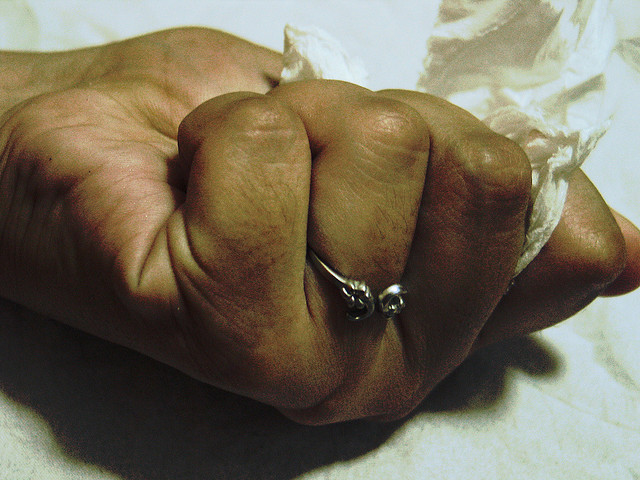The grief brought on by the death of a loved one places a heavy weight on your shoulders.
On top of this emotional burden, there is the added responsibility of putting your loved one’s final affairs in order.
To make this difficult time that bit easier, we have compiled a list of considerations to make after a loved one dies.
These tips may not be an exhaustive representation of what needs to be done. But they should place you on the right track.
Notify friends, family and important communities
The first (and often most difficult) task that falls to the loved ones of a deceased person is to notify their circles. Connect with friends, family members and important communities like their church or sports team to tell them the news. This will allow others to grieve, create a support network and begin to comprehend life without that person.
Locate a will
It is essential to ensure that the will of your loved one is located as soon as possible. Not only will it lay out their financial wishes, but may also contain information about funeral arrangements, organ donation and who should become executor of the estate. These details must all be considered as part of the decision making process over the next few days.
When there is no will, you will need to consult a legal professional to understand where to go from here. They will be able to help you through the process of handling the estate and shed light on who will be entitled to what. See this article from Australian Estate Law Today for more information.
Get a death certificate and make copies
Organising the affairs of a deceased loved one can’t be completed without a death certificate. Most insurance companies, banks, creditors and government bodies require proof of death before closing an account. It is important that you have multiple certified copies of the death certificate to distribute to these different locations. Make at least 10, if not 20 copies – just to be sure.
Plan the funeral
Funeral arrangements take time, and can easily add up financially. Make sure you meet with a funeral director as soon as possible to review the particulars of the service as well as the costs involved. This will allow you to get the details right and schedule the service sooner rather than later. Although the day will be hard, it is also a necessary step in moving forward after a loved one dies.
Locate important documents
Across our lifetimes we acquire many different accounts, insurance funds and memberships. Each of these need to be dealt with when a loved one dies. As soon as possible, locate the below documents. They will allow you to notify institutions of your loved one’s passing and verify that you are authorised to take action over the account.
- Death, marriage and birth certificates of the deceased and their immediate family
- Trust information
- Insurance policies
- Super fund details
- Union membership
- Credit card statements
- Utilities statements
- Checking and savings account statements
- Tax returns
Notify financial institutions, services providers and government agencies
The below institutions must all be notified after a loved one dies:
- Australian Taxation Office
- Lawyer/solicitor
- Health practitioners (eg. GP, surgeons etc)
- Centrelink
- Banks
- Clubs (eg. Lions Club, Football Club, RSL)
- Australian Electoral Commission
- Employers
- Employees (if the deceased had a business)
- Health fund
- Insurance companies
- Tenants
- Landlord
- Medicare
- Local council
- Local post office
- Superannuation company
- Utilities providers
- Credit card company
Rather than making phone calls to each of these bodies, this Centrelink booklet recommends notifying institutions in writing through an email or letter.
This makes the conversation easier, but also means that you will have a record of your contact. See page 12 of this booklet for an example letter template.
Look into your eligibility for financial assistance
After a loved one dies you may be eligible for financial assistance through Centrelink. The direct bereavement assistance payments include a pension bereavement payment, widow allowance and a family tax benefit bereavement payment. If the loss of a loved one has caused your household income to reduce, you may also be eligible for other payments including the family tax benefit.
For more information, see this pamphlet from Centrelink, or visit their website.
Support yourself
Following the loss of a loved one, there will be a never-ending list of jobs to do. But always make sure that your number one priority is you.
Cut yourself some slack and acknowledge your right to grieve. You may make some mistakes here and there. You may not get to a task as soon as you had hoped. But in the end, who really cares? Reach out to those around you, mourn your loss and celebrate the life that your loved one enjoyed.



